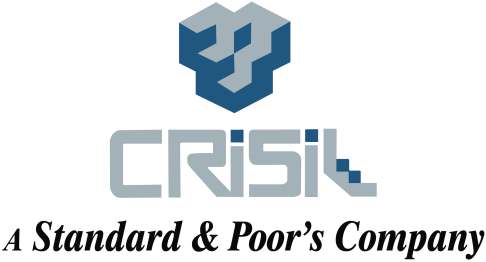
An article in The Economic Times discusses the benefits of credit ratings for SMEs, which often find it difficult to access financing. In fact, an RBI (Reserve Bank of India) report explained that in 2010, only 13% of SMEs were able to access formal sources of finance. Credit rating agencies can however, help SMEs improve efficiency and increase turnover and profit. Ratings agencies for SMEs often have eight grades through which they rate SMEs and which are valid for one year. SME credit ratings agencies include Crisil Ratings, SME Rating Agency of India, and Icra, among others. Ratings can help SMEs access less expensive and faster credit and serve as a check for what can be improved in the enterprise.
In 2005, Delhi-based businessman Binoj Cherian was in a fix. He needed funding for his electronics enterprise, but his bank refused to give him a loan. “My banker couldn’t understand the technology-driven work and I was unable to put things in perspective for him,” says the 42-year-old.
Fortuitously, just around this time, he came across newspaper reports of small organisations in Coimbatore being provided rating certificates, with a promise of loans for firms with good ratings. He immediately approached a credit rating agency and the feedback helped him improve his company’s efficiency, resulting in a better turnover and profit. He soon got a loan and his firm, STJ Electronics, has grown more than five times from December 2005 to March 2011. “Now I get the rating renewed for my firm every year,” says Cherian.
What does a credit rating agency do?
Approaching a credit rating agency is a good option for small and medium enterprises (SMEs) given the problems they face in seeking finance. According to an RBI report on trends and progress in banking 2010, only 13% of the registered SMEs have access to finance from formal sources.
Rating agencies assess a firm’s financial viability and capability to honour business obligations, provide an insight into its sales, operational and financial composition, threreby assessing the risk element, and highlights the overall health of the enterprise. They also benchmark its performance within the industry.
Rating agencies usually have eight grades, ranging from SME 1-8, with 1 denoting the highest rating and 8 the lowest. For providing this service, the agencies charge a fee which is based on the firm’s turnover and ranges from `44,000 to `1.21 lakh. These ratings are valid for a year and can be renewed by paying an appropriate fee. It is money well spent. For, a good rating means a higher chance of bagging a loan.
“There is a lot of information asymmetry in the market. A good credit rating provides us with the initial confidence for the project. It also acts as a final confirmation,” says Sunil Munhot, chairman and managing director, Small Industries Developmental Bank of India (SIDBI).
Benefits of rating
Concessional funding: A good rating can help you gain faster and cheaper credit for your venture. The agencies that provide rating for SMEs—Crisil Ratings, SME Rating Agency of India (SMERA), Icra, Credit Analysis & Research (CARE), Onicra, and Fitch—have tie-ups with several banks to offer preferential interest rates based on ratings. For instance, Crisil Ratings has such a working arrangement with 35 banks and financial institutions, while SMERA has entered into such pacts with 29.
According to Crisil Ratings, the interest rate reduction for its clients ranges from 0.5-1.25% and around 35% of the enterprises have reported a reduction in the loan processing time. “In some cases, banks have approached them with funds,” says Ramraj Pai, director, Crisil Ratings. SMERA feedback suggests that enterprises enjoy interest rate concessions to the extent of 0.25% to 1%. “In many cases, savings from the reduced borrowing cost exceeds the rating fee,” says Parag Patki, CEO, SMERA.
